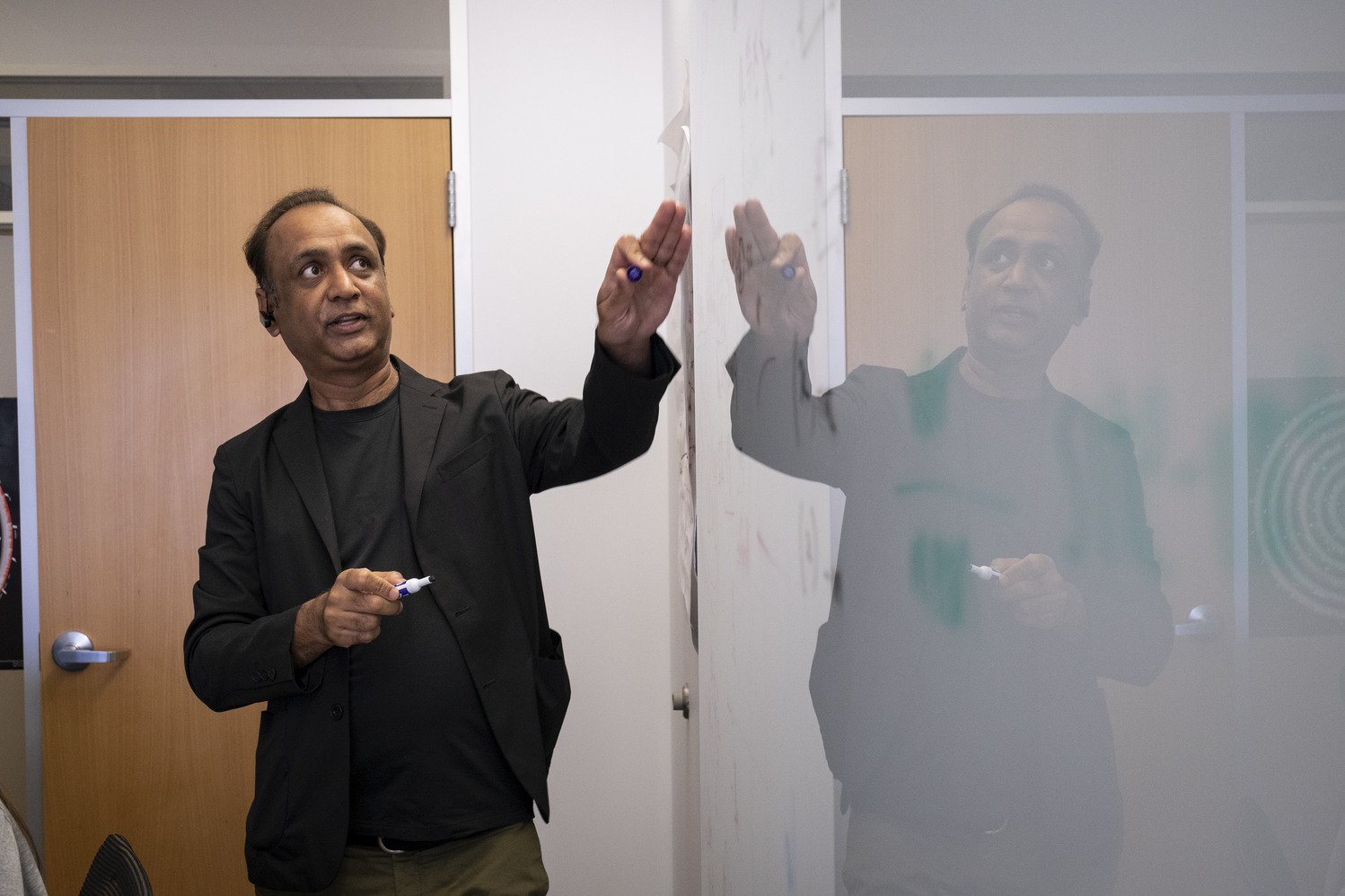Sudhir Kumar and Sergei Pond, faculty at Temple’s College of Science and Technology (CST), and Gerard Criner, faculty at Temple’s Lewis Katz School of Medicine, have been honored as “Highly Cited Researchers” for 2023 by Clarivate, a global leader in data and analytics across the research, technology and innovation industries.
Distinguished by the publication of research articles that rank in the top 1% by citations in their respective fields, Criner, Kumar and Pond are part of a small group of influential scientists at universities, research institutes and commercial organizations around the world who have demonstrated significant and broad influence in their fields of research. The Clarivate distinction means the three faculty members are leading figures in their research areas as well as major contributors to Temple’s growing reputation as a center of excellence in pioneering research and academic innovation.
“This is a wonderful and well-deserved recognition for Temple’s highly influential researchers,” said Miguel Mostafá, dean of the College of Science and Technology. “I am proud to see CST so well-represented and look forward to seeing more of my college colleagues join this elite club in the future."
Kumar and Pond, Laura H. Carnell Professor of Biology and professor, respectively, are faculty in the Department of Biology, and Pond is also director of CST’s Center for Viral Evolution. They conduct much of their research through Temple’s Institute for Genomics and Evolutionary Medicine, which Kumar directs. Criner is chair and professor of the Department of Thoracic Medicine and Surgery and director of the Temple Lung Center.
The recognition by Clarivate acknowledges the significant contributions of Kumar in molecular biology and genetics and Pond in cross-field, or interdisciplinary, research. Their groundbreaking work, particularly in the area of comparative genomics, has introduced innovative methods and software for data analytics, influencing research far beyond biology. Criner’s work was listed in the clinical medicine category.
“As biology rapidly transforms into a heavy-duty data-driven field, we look forward to continuing to develop software and statistical tools that enable researchers—working in mammalian genomics, human health, pathogens, artificial intelligence and beyond—to translate data into new and exciting biomedical discoveries,” said Pond.
—Greg Fornia

